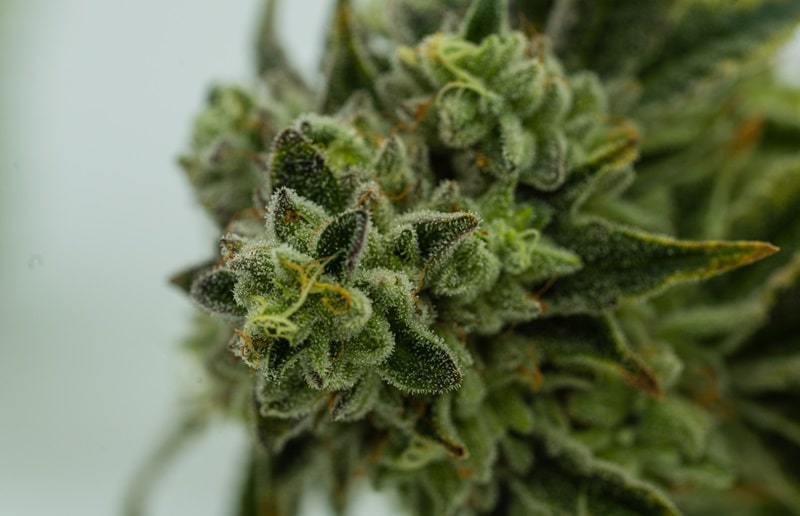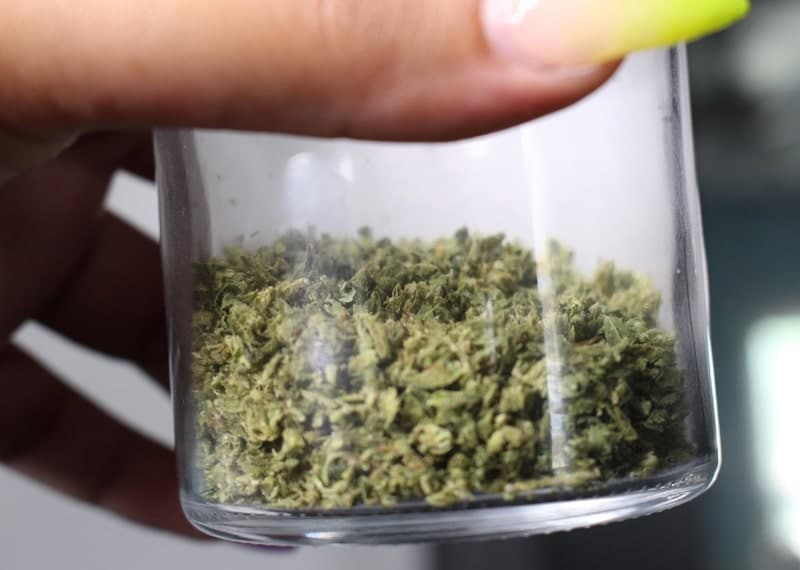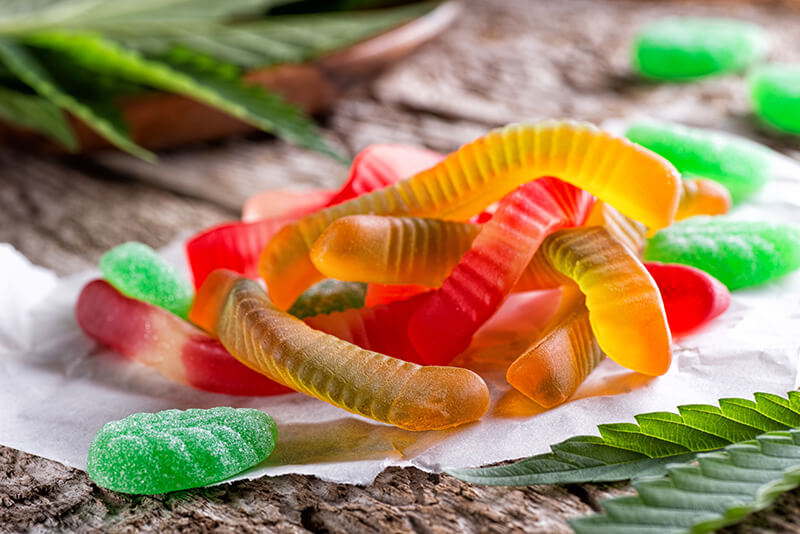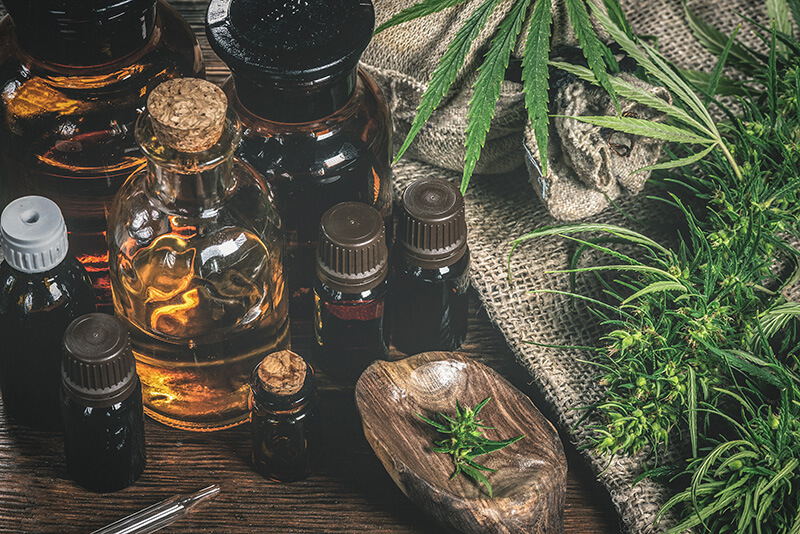Even casual cannabis users and those who have never tried cannabis in their lives are familiar with THC. It’s renowned as the key cannabinoid that creates the “high” that cannabis is known for. But what about THCa? What exactly is it and how does it compare to THC? This THC vs THCa guide will tell you all you need to know.
What is THC?
Before we look at THCa vs THC and compare the two, it’s important to have a clear understanding of what THC is. THC, or tetrahydrocannabinol, is the main psychoactive cannabinoid of the cannabis plant, and it can interact with the endocannabinoid system to produce various effects, including the feeling of being high, as explained in this National Library of Medicine study.
What is THCa?
So, we know what THC is, but what is THCa vs THC? THCa stands for tetrahydrocannabinolic acid. Just like THC, THCa is a cannabinoid, meaning that it’s found naturally in cannabis plants. It’s very similar to THC from a chemical perspective, but it has a slightly different structure, with an additional carboxyl group.
Another way to describe THCa is as the “precursor” to THC. In other words, THCa is what we find naturally in the trichomes of live or recently harvested cannabis plant matter, and it can turn into THC when it gets exposed to heat. On its own, THCa doesn’t have the same psychoactive properties as THC.
How Does THCa Work?
THCa works just like many other cannabinoids. Inside the human body, it’s capable of interacting with the endocannabinoid system to trigger certain effects. However, unlike THC, which usually binds with CB1 receptors, THCa doesn’t fit those same receptors, due to its slightly bigger size and different structure.
How to Use
Because of the differences between THC vs THCa in flower and the nature of THCa, it’s quite difficult to use. When exposed to heat, it will turn into THC and stop being THCa, so it can’t be smoked or vaped like other cannabinoids. Instead, the only real way to use this cannabinoid is in extract form, or via raw plant matter from a Los Angeles marijuana dispensary.
THC vs THCa: What’s the Difference?
Now that we’ve seen the meaning of THC and THCa, it’s easier to highlight the key differences between these two separate cannabinoids. There are three main areas in which they differ:
Chemical Structure
The main difference between the two cannabinoids can be found by looking at them under a high-powered microscope. They have a slightly different chemical structure. THCa has an additional carboxyl group, which is not present on THC. This gives THCa a slightly larger size overall.
Psychoactive Effects
The National Library of Medicine highlights the potential effects of cannabis and cannabinoids, and the psychoactive effects of THC are well-documented, as it can cause people to feel high or sensations of euphoria. In contrast, THCa does not have psychoactive effects, but it may offer other benefits. One PubMed study found that it may prevent metabolic diseases associated with obesity.
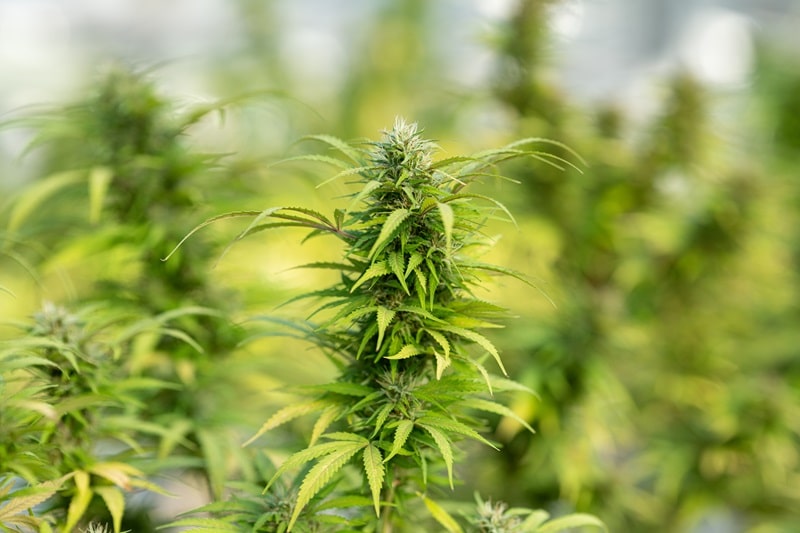
Legal Status
There’s also a difference between THC and THCa in terms of marijuana legalization. The legal situation around THC is much clearer than it is for THCa. In many places, THC is a controlled or banned substance, due to its ability to make people high. Given that THCa has only recently emerged into the cannabis scene, it doesn’t have the same legal restrictions at this time.
Does THCa Get You High?
No, THCa cannot make people high. This is in stark contrast to THC, which is able to make people high and produce other psychoactive effects. The FDA has even issued warnings about the risks of THC’s psychoactive potential, but no such warnings are needed for THCa, as it doesn’t have any power to make people high.
How Is THCa Converted into THC?
The process to convert THCa into THC is called decarboxylation. That may sound like quite a complicated, technical term, but it basically just means heating. In other words, if heat is applied to THCa, it’ll turn into THC. Even small amounts of heat – such as storing THCa in a warm room – can be enough to trigger the conversion process.
Ways to Consume
Since THCa turns into THC with exposure to heat, it’s only available in the form of specific marijuana products, like extracts or raw flowers. However, given the complex THCa legal situation, finding THCa products isn’t always easy, even in states with legal medical cannabis. Contact us for help and guidance if you want to try THCa.
Overall, it’s clear that THC and THCa are very different, not only having different chemical structures, but also different effects, ways of working, and legality levels, too. It’s vital for users to understand the key differences between THC vs THCa to make sure they use and consume the most appropriate cannabinoids for their needs.
